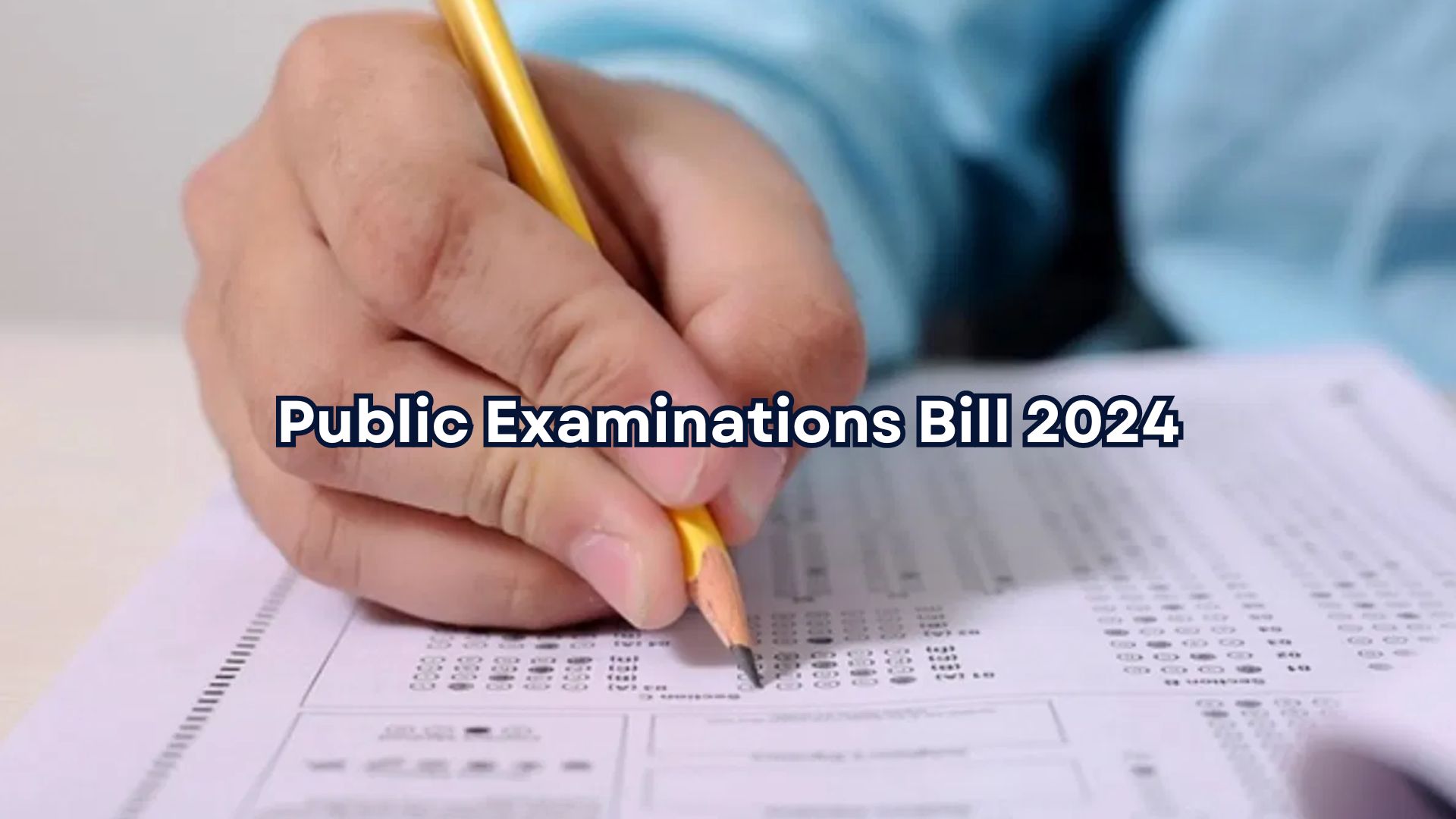The government has introduced the Public Examinations Bill 2024 to combat cheating and leaks in competitive exams such as UPSC, SSC, NEET, JEE, and CUET. The legislation targets organized groups and institutions involved in malpractice while ensuring innocent students are not adversely affected. President Droupadi Murmu underscored the government’s dedication to addressing youth concerns regarding exam irregularities in her parliamentary speech. The Public Examinations Bill 2024 is hailed as a significant stride in this direction. Section 3 of the bill outlines various actions considered unfair in public exams, aimed at gaining a monetary or wrongful advantage, numbering at least 15. Moreover, the bill provides a blueprint for states to adopt, granting them authority to tackle criminal elements disrupting the conduct of state-level public exams. Under this bill, cheaters could face 3 to 5 years in jail, and organized cheating could lead to 5 to 10 years in jail plus a fine of at least ₹ 1 crore.
What is the Bill About?
The Public Examinations Bill 2024 is all about putting a stop to cheating and paper leaks in important exams like UPSC, SSC, NEET, JEE, and CUET. The government wants to make sure that these exams are fair for everyone.
Protecting Candidates
The government is serious about catching cheating gangs and institutions, but they don’t want to punish innocent candidates. That’s why the bill won’t affect students who follow the rules set by exam authorities.
Consequences for Cheating
To discourage cheating, the bill proposes tough penalties. Those caught cheating could face three to five years in jail. For those running organized cheating operations, the punishment is even stricter: five to 10 years in jail and a hefty fine of at least ₹1 crore.
Why is this Bill Necessary?
There have been too many cases of question paper leaks and organized cheating, hurting the chances of honest students. Solver gangs, impersonators, and leaked papers have made exams unfair. This bill aims to stop all of that.
The Bill’s Goals
Ultimately, the goal of the bill is to make exams transparent and fair. By stopping cheating, the government hopes to reward genuine efforts and secure the futures of hardworking students.
Penalties for Service Providers
Service provider firms implicated in cheating practices could face substantial fines of up to $120,000 and may be barred from conducting public examinations for a period of four years upon proven guilt.


















